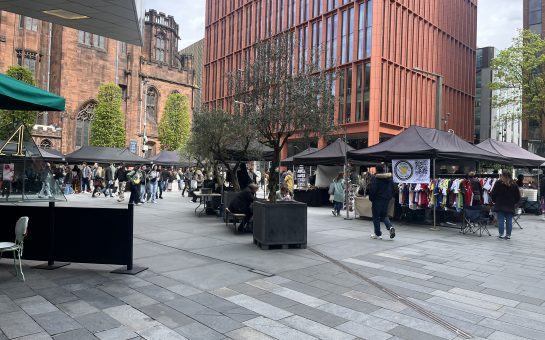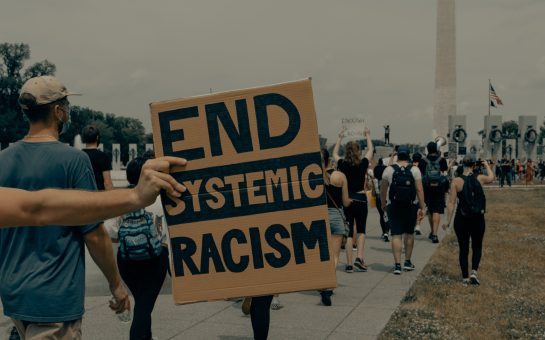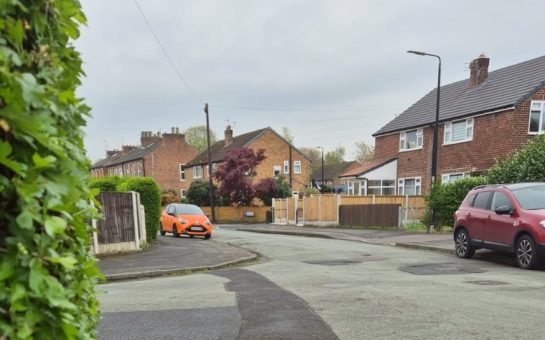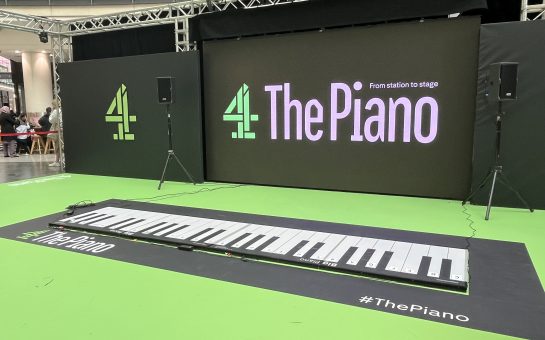Andy Burnham hopes to transform Greater Manchester into a beacon of social justice if he wins the race to become the region’s first elected mayor.
Speaking to MM at Manchester University, where he was due to take part in a discussion about the implications that leaving the European Union will have on Greater Manchester, Burnham laid out his plans for the region and explained his reasons for running.
Despite being the clear favourite to win May’s election, Burnham does not appear to be taking anything for granted.
A quick glance at his Twitter feed highlights just how busy his campaign schedule is: earlier in the day, the former Shadow Health Secretary had been at Salford University discussing how he intends to tackle the region’s rough sleeping epidemic.
Unlike many MPs, who spend much of their time in London and visit their constituencies sporadically, Burnham has always preferred to call his Leigh constituency home.
@WorldSkills Careers & Sills conference at Event City this morning. @andyburnhammp ‘I will lead, in GM, a revolution in technical education’ pic.twitter.com/Iqpe3uklMC
— Burnham for Mayor (@BurnhamForMayor) March 30, 2017
Despite passionately campaigning to remain in the EU, Burnham’s constituency was one of many within the North West to vote to leave.
He is anxious not to alienate leave voters, however, and states that he completely understands the frustrations that many have towards the ‘Westminster Bubble’.
Within Greater Manchester, just Manchester, Trafford and Stockport voted for remain. The remaining seven districts voted overwhelmingly for leave, and Burnham is acutely aware that it is in these areas that his attentions will need to be focused on the most.
“The test of whether we succeed is, can devolution make a meaningful difference for those places?” he said.
“Greater Manchester in its past has been good at taking power off Westminster to give it to those without power.
“The formation of the Trade Union Movement was all about that, the suffragette movement was all about that.
“I think now in this 21st century situation with politics in meltdown all around the world, we could show how by taking power out of Westminster, we can give that power to the communities that have been left behind in the current political system.
“It patently hasn’t worked for Bolton, Bury, Rochdale, Oldham, Wigan, Leigh. It’s not provided them with the solutions to the issues that they had in predominantly industrial areas that needed real help when they were going through that transitional phase as the big industry was leaving.
“So it’s can we, through devolution, get closer to those places and give them better solutions? Build more affordable homes to rent, revitalise those town centres, replace the jobs that went a couple of decades ago with modern high quality jobs.
“These are the challenges that we need to try and address.”
Manchester itself may have grown into arguably the most prosperous city outside of London but one issue that has engulfed it in recent years is the rapid increase in rough sleepers.
The latest figures show that the number of rough sleepers on the city’s streets has quadrupled since 2010. The epidemic is one that Burnham has been extremely vocal about his intentions to tackle, pledging to put an end to rough sleeping by 2020.
But how exactly does he intend to succeed where others have failed?
“With a new approach. It’s definitely not a case of more of the same, and it’s not about just saying, ‘Oh, we’ll write a new strategy document and throw a lot of public money at it’.
“What we’re going to try and do on rough sleeping and homelessness might be a template for how we might open up politics more broadly, so under the leadership of Ivan Lewis and Councillor Beth Knowles we’re saying ‘let’s create a network of any individual or organisation who wants to contribute to that goal’.
“They may be able to contribute money, it may be a building, it may be food, it may be furniture, or it might be volunteering opportunities for those who are needing to break out of the life cycle that they are in.
“For me, this is about can we do politics differently through this as well? It’s a completely new approach. I’m donating a percentage of my mayoral salary to kick start a new fund and we’re going to ask others to make a voluntary donation.
“The network won’t have to get tied up in red tape in terms of how it spends the money so the aim is that we’ll be able to make them move more quickly to deal with solutions, to create local solutions to the issue.
“Therefore, a new approach, a quicker approach, and for those involved in that network they may find that more rewarding and it may be something that brings them back towards politics a little bit.”
Proud to be filming the Salford Labour BAME event today at @AlbionSLS beacon centre @andyburnhammp @paul4citymayor @RLong_Bailey @LabourBAME pic.twitter.com/b7WzGIMPVb
— Jack Lister (@JackLister95) March 25, 2017
Another of Burnham’s major pledges has been to introduce free bus passes for 16-18 year olds.
While he also claims to acknowledge the growing pressures on the region’s transport system, he is eager to stress that he has no plans for a repeat of the 2008 congestion charge referendum, which saw voters overwhelmingly reject the possibility of such a scheme.
“I’m not going to do a Nicola Sturgeon on the congestion charge and bring back another referendum because the last one didn’t get the so-called right result.
“For the last 32 years, the bus service in Greater Manchester has been run in the private interest and not the public interest.
“Margaret Thatcher imposed a free-for-all on us and it’s not served the public well. Fares have gone up, the quality of bus services has gone down and so have passenger numbers.
“The most immediate changes we will make will be to the bus services, using the new powers we’re going to get.
“We’re going to start to bring some sanity to the bus services, take back more control of them, run them for the public, not for the interest of shareholders and profits and start to make them work better.”
Image courtesy of Tony Davies via Twitter, with thanks.



